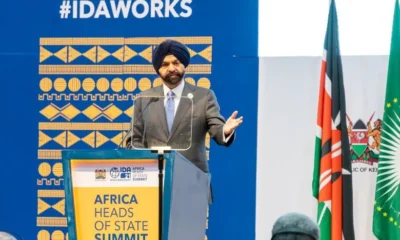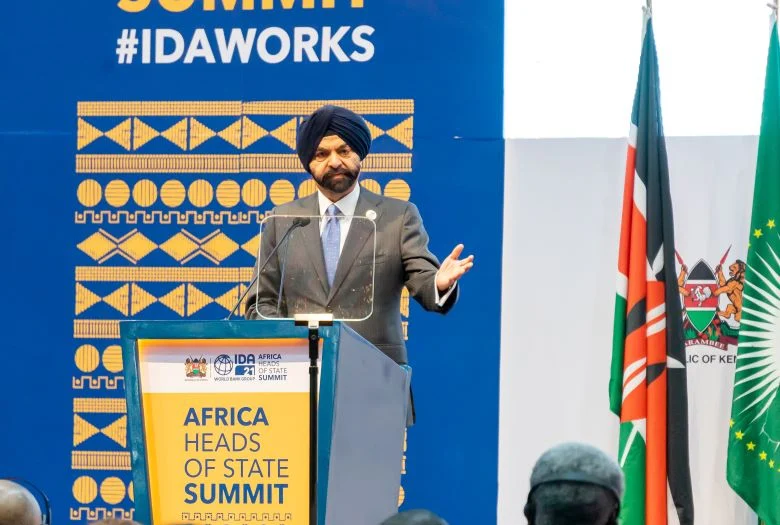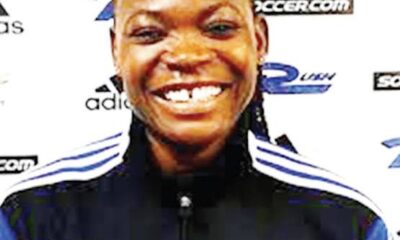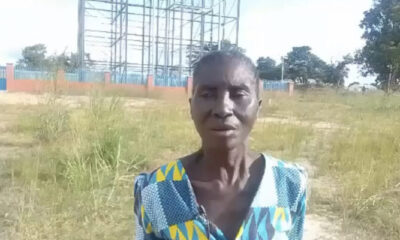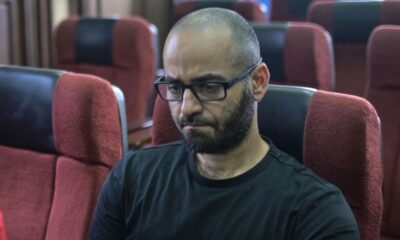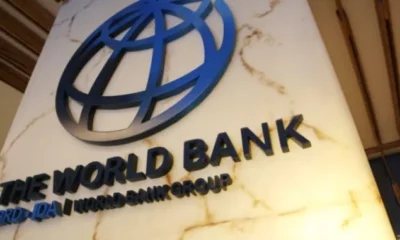In a few days, it will be exactly 15 years since Rwanda and Burundi acceded to the East African Community Treaty on June 18, 2007.
They have been remarkable — and very long — years. In June of 2007, Kenyan telco giant Safaricom’s mobile money service M-Pesa was just a couple of weeks old, and not too many people took it seriously.
Kenya was still basking in the post-Kanu-ouster glow, and the historic opposition and democratic triumph that had brought Mwai Kibaki to power.
Six months later, Kenya was up in flames following the disputed December 2007 election, in the country’s worst post-independence bout of mass murder.
Nearly 800 people were killed in the post-election violence, but those same circumstances led to the explosion.
Today, it’s both Africa’s and the world’s leading mobile money service.
The Project Management Institute’s 2019 Most Influential Projects list recognised M-Pesa as the ninth most influential project in the world over the past 50 years, trouncing hundreds of others, including Bitcoin and Netflix’s streaming service.
In Burundi, Pierre Nkurunziza had been elected president two years earlier, and it looked like the country was poised for a dramatic recovery after more than a decade of civil war.
In the same year in March, Uganda went out on a limb and sent troops in a daring move to Somalia as the first contingent of the African Union Peacekeeping Mission in Somalia (Amisom), now the African Union Transitional Mission in Somalia (ATMIS).
Only those with a death wish entered the Somali fray those days. Months later, Burundi followed. With all the problems of Amisom, it started the process that eventually considerably altered Somalia’s fortunes.
There was peace in all the territories comprising the EAC then and today; in the Democratic Republic of Congo there was a lull after the “Second Congo War”. The M23 rebels and others were nowhere.
South Sudan was peaceful following the Nairobi-brokered Comprehensive Peace Agreement of 2005.
With the death of the charismatic John Garang, leader of the Sudan People’s Liberation Army/Movement in July 2005, the tide had turned in favour of independence.
However, optimism was so sky-high that when that new South Sudan was born, a golden era would start for it too. Mostly hell followed after that independence in 2011.
The region was embracing the world. Later, in November of 2007, the Commonwealth Heads of Government Meeting was held in Kampala. It returns to East Africa from June 22 to 25, in Kigali.
There had been an upswell in Africa of what seemed like a new morality in 2007, which, among other things, got Uganda and Burundi to put their troops in harm’s way in Somalia, considered then one of the world’s most intractable crises. It partly led to silencing of the guns.
It was emblematic in Nelson Mandela’s 2007 rebuke of Zimbabwean president Robert Mugabe when he asked “Uncle Bob” to resign over growing human rights abuses in his country.
When that didn’t bear fruit, he spoke out publicly against Mugabe in 2007, asking him to step down “with residual respect and a modicum of dignity.”
We’d never have imagined that 2020, 2021 and 2022 would come one day.
Charles Onyango-Obbo is a journalist, writer, and curator of the “Wall of Great Africans”. Twitter@cobbo3
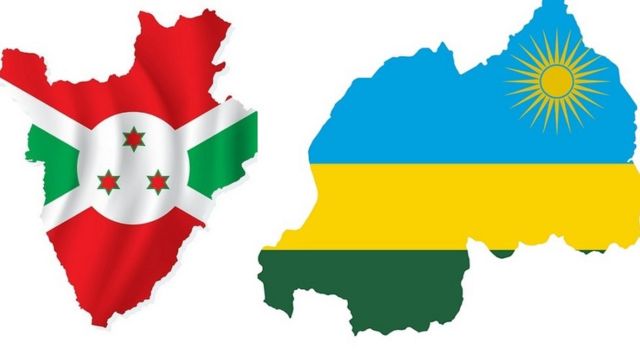

 Sports1 day ago
Sports1 day ago
 Tech1 day ago
Tech1 day ago
 VenturesNow9 hours ago
VenturesNow9 hours ago
 Metro1 day ago
Metro1 day ago

